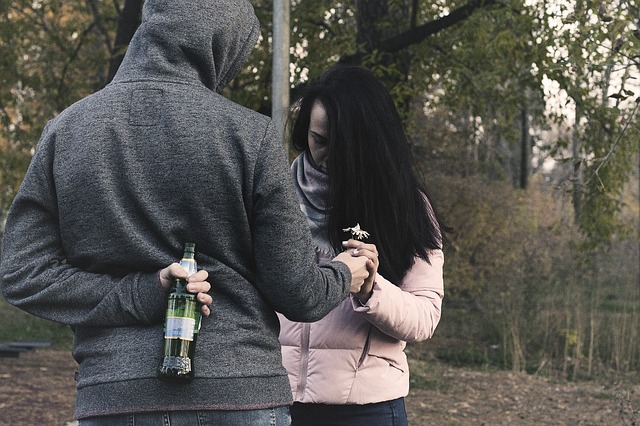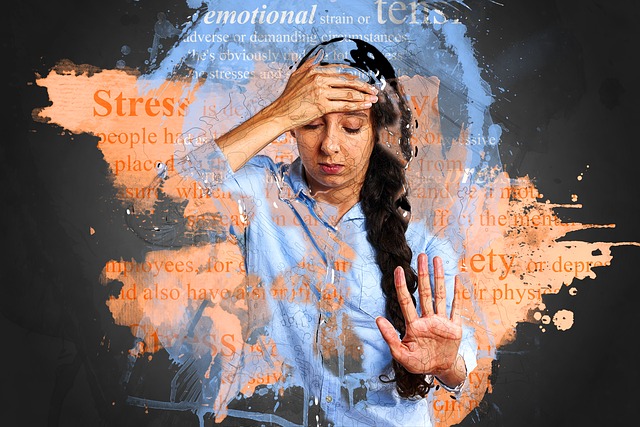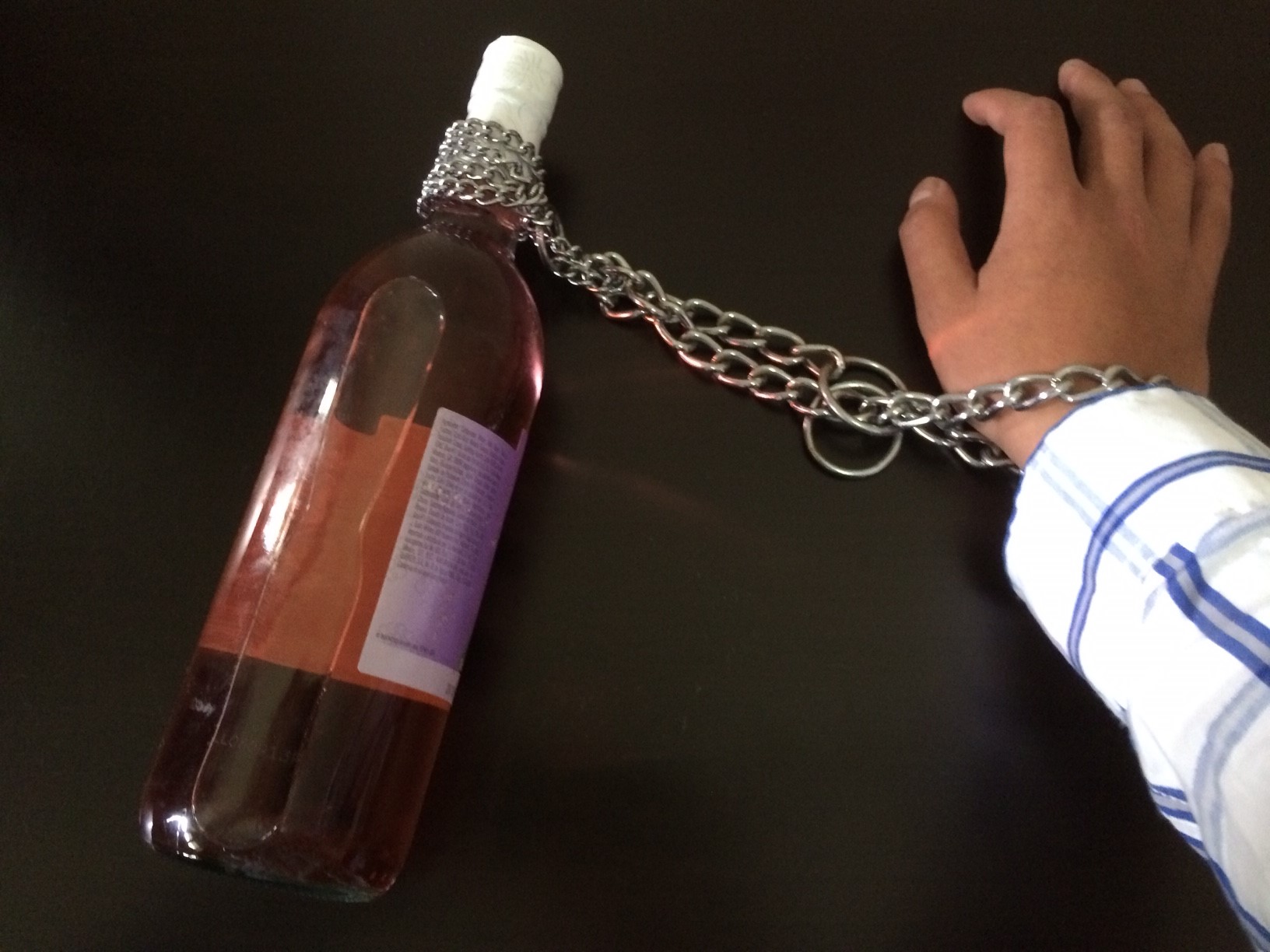The close relationship between alcohol and depression.
Alcoholics usually suffer depressive symptoms. Moreover, when mental illness precedes alcohol problems, a link is established in which the depressive person seeks alcohol relief from depressive symptoms.
Alcohol is a relaxant and inhibitor that can allow the person to temporarily disconnect from feelings of pain and negative thoughts. However, it has serious drawbacks. Excessive consumption of alcohol produces an increasing physical and psychological deterioration
On the contrary, when alcohol acts as a precursor, the person does not have to present mood problems prior to the abuse. However, the excessive consumption of alcohol will produce health problems, mental decline, personal neglect and reduction and abandonment of social relationships.
In both cases, the real recovery goes through the abandonment of alcohol, since you cannot treat depression if the person maintains the abuse of the drink. It is because it will seriously distort the patient’s ability to implement the necessary strategies, as well as your motivation. As in the cases in which alcohol precedes depression, the abstinence itself produces a significant improvement in the mood of the patients.
Many men seek in alcoholic drinks an escape to their problems. Why? Alcohol affects the central nervous system and acts as a depressant, which is why it reduces anxiety, inhibitions, and tension. However, it also has adverse effects.

A few drinks can change behavior, decrease balance (the balance of the body when walking) and the ability to think clearly. Besides, they can alter concentration and the ability to discern. Drinking more can cause intoxication (drunkenness), and when drinking alcoholic beverages become a habit it can lead to alcoholism.
Sometimes, alcoholism can come from another condition, such as depression, which somehow hides. While this can happen to both men and women, in general, there is a tendency to mistakenly believe that depression is something that tends to happen to women.
This is why men are more likely not to admit that they have emotional problems, and that is when they run the risk of hiding them after alcohol. Also, those who are very depressed or suffer from anxiety disorders (such as panic or social phobia ) and drink frequently, are more exposed to alcohol domination (as well as to acquire other types of addictions, such as tobacco).
Statistics indicate that a large percentage of alcoholics suffer from some psychiatric disorder. However, at the same time, some studies suggest that alcohol dependence in the long term produces this type of emotional disorders. For this reason, it is sometimes difficult to determine if the drink is used to reduce depression or if it is the cause.

Therefore, if you think that drinking alcohol helps you get out of depression, think again. In most cases, men who suffer from depression (and in general anyone) should stay away from alcohol for several reasons:
- As I mentioned before, alcohol causes depression and can make sadness and anxiety worse.
- It can be dangerous if you are taking medication for depression because it can cause harmful interactions for your health.
- Alcohol affects the ability to fall asleep, which is also aggravated by depression.
- Alcohol affects the perception and ability to judge different situations.
Therefore, if you (or a family member) abuse alcoholic beverages, you should seek professional help, before this starts to affect all aspects of your life.
Some people say that because men have been trained not to cry, they seek relief in a substance that makes them forget what worries them. Others say that they drink to drown their sorrows. However, sorrows learn to swim. If you are depressed, seek professional help. It is the best therapy and much healthier than getting drunk until you lose consciousness.

